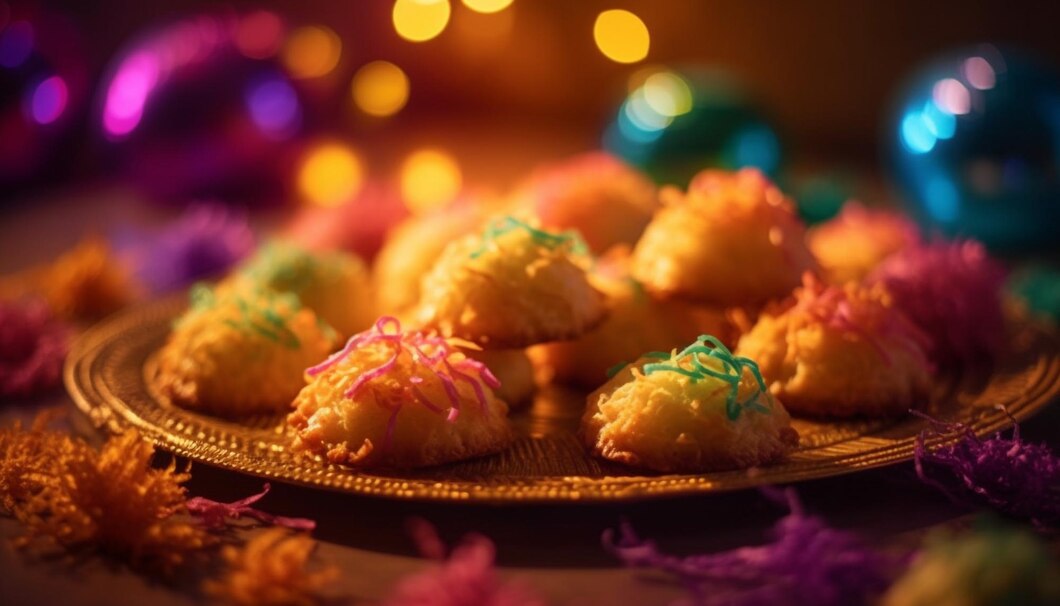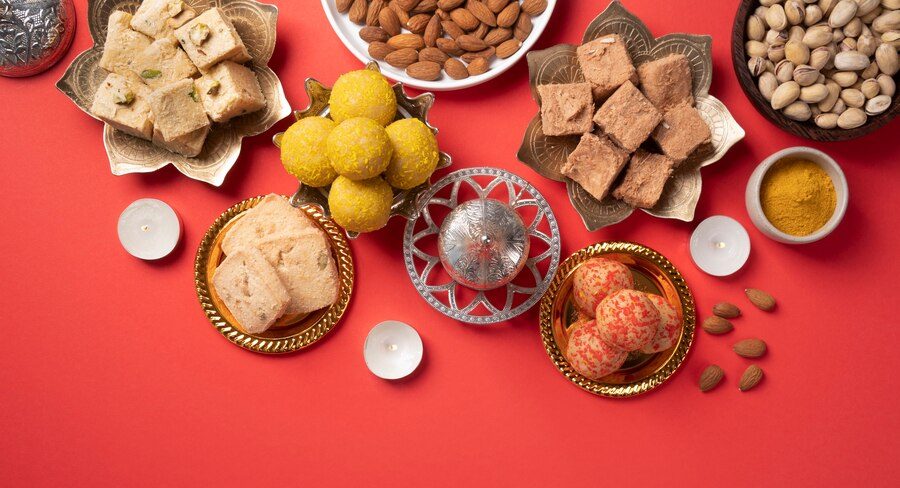- As every Indian would vouch, our festivals are not only several in absolute numbers spread around the year involving various religions/faiths but also known for diverse culinary delights that would proportionately help in enlarging our waistline. The uncontrolled consumption of sugar in the form of mouth-watering sweet dishes is an inalienable part of our festival celebrations that cannot be termed complete without those varieties. Yes, the health hazards associated with excessive sugar consumption are too well known in the country courtesy of awareness campaigns undertaken. We are aware the advent of modernity in our lives has ensured an increase in sedentary lifestyles that have harmed humanity significantly. Health consciousness is the buzzword but hardly followed.

PC: Freepik
- Trust me, Indians would love to second anyone mentioning the term healthy living standards passionately. However, most of us are found wanting when it comes to following what is being claimed. Did someone mention aren’t we being hypocritical here? Indeed. Thus, it makes sense to mention Happy Diwali without saying hello to diabetes but celebrating good health instead. Look around and notice how many sweet shops we have within walking distance of our home. They like to celebrate Diwali by excitedly expanding, covering up as much of the surrounding area as peacefully as possible. Their enlargement is often directly proportional to that of our waistline, as mentioned above. More insidiously, every extra bite of sugar feeds our addiction to it.
- Recollect how once upon a time, the Diwali hamper used to hawk the sweet temptations of only laddoo, barfi, Mysore Pak, and other country cousins. Of late, it keeps international company such as bonbon and macaron, meringue, and baklava. An ancient craving is constantly fattened by novelty. Moreover, if our ancestors celebrated Diwali with sweet abundance, why should we let the modern doctor meddle with this tradition? Because back in say 1800, human beings used to eat about a spoonful of sugar per week, and today that’s what we could be having with a spoonful of ketchup alone. Back then, our diet didn’t run through with ultra-processed fare. Nor were half of India’s adults failing to meet WHO-recommended levels of physical activity.

PC: Freepik
- Notably, how we are living today is new, our foods are new, and so is disease prevalence. Now the D of Diwali is inseparable from the D of diabetes. Won’t new-fangled obesity and diabetes meds fix the problem? The real problem lies with a toxic food system remaining unsolved. The heavy lifting on it must be done by policymakers and regulators. But civic institutions like schools and consumer forums also must do their part apart from in-house exhortations from elders/parents. Do children understand that oats and oat biscuits or millet and millet laddoos couldn’t be further from health-interchangeable? Sadly, when it comes to reading food labels, even India’s adults have poor literacy. For the sake of both body and brain, Diwali must be divorced from sugary ODing.






